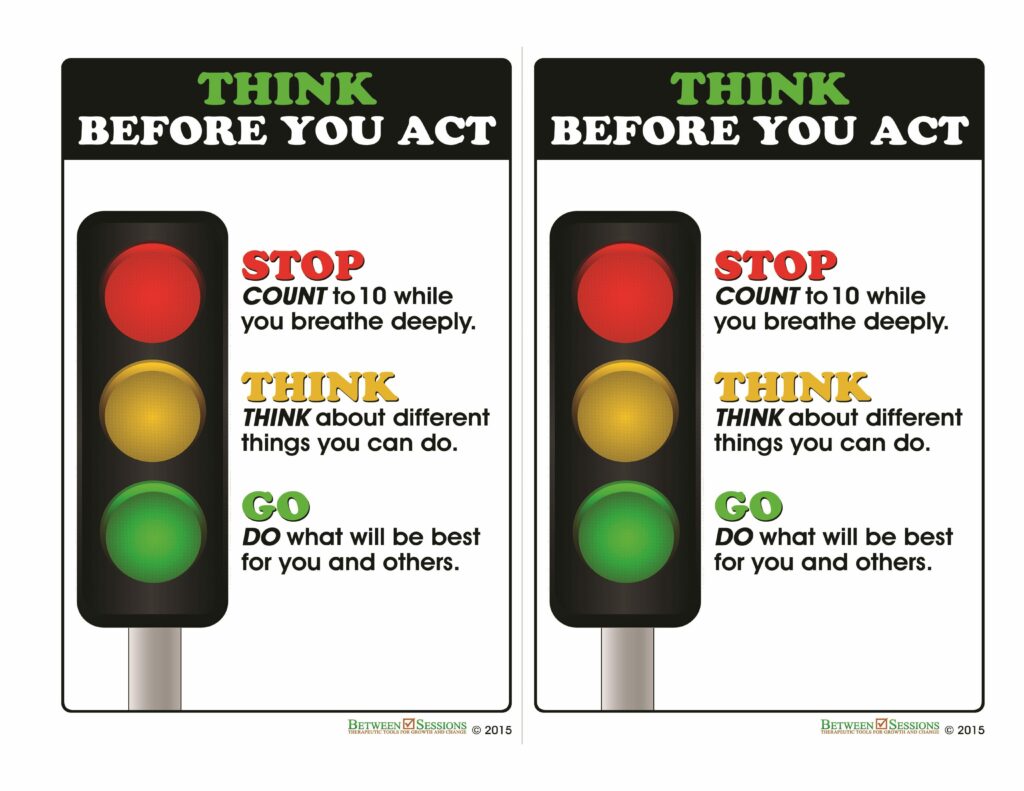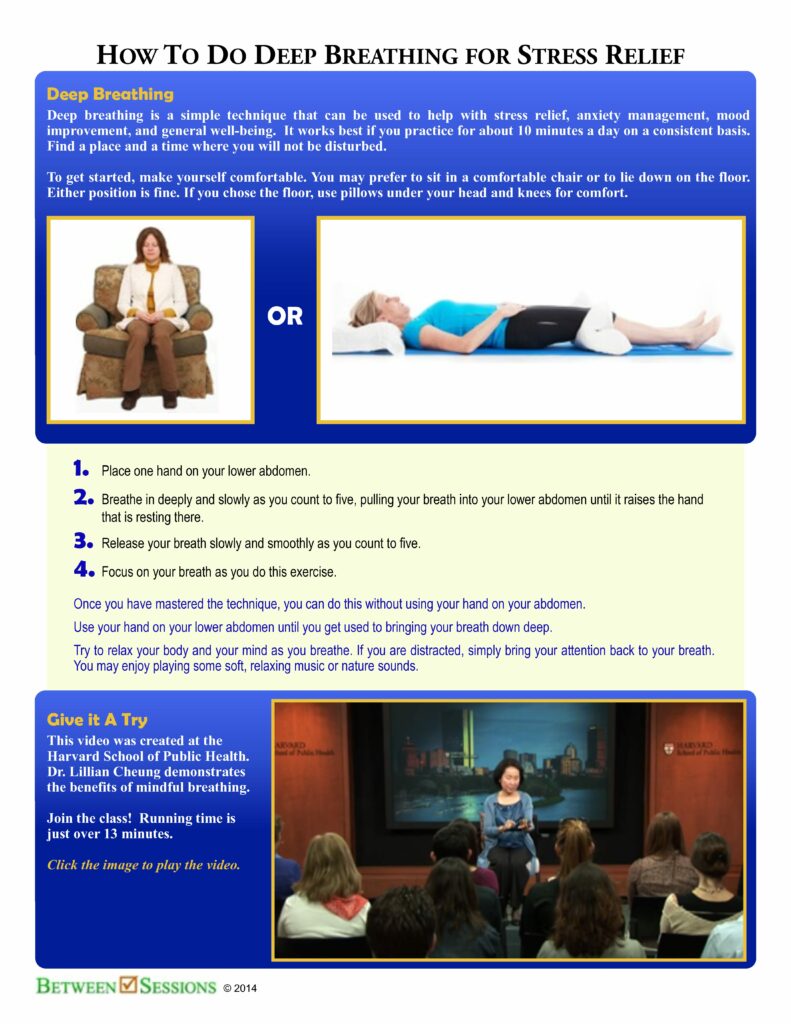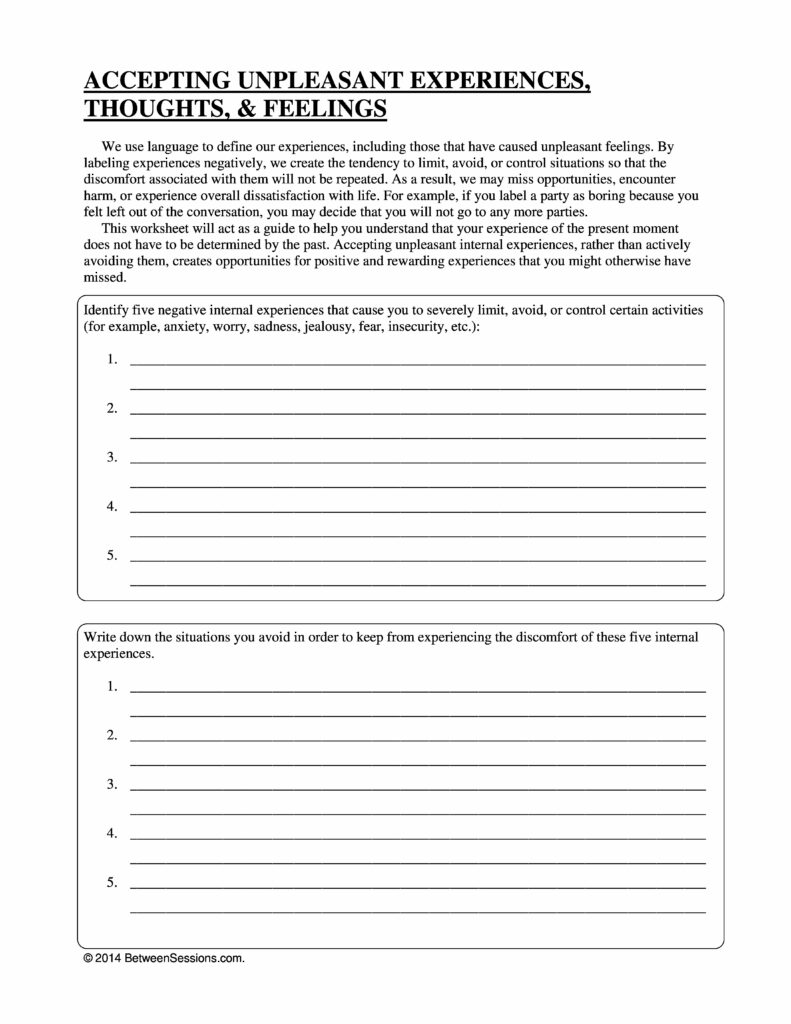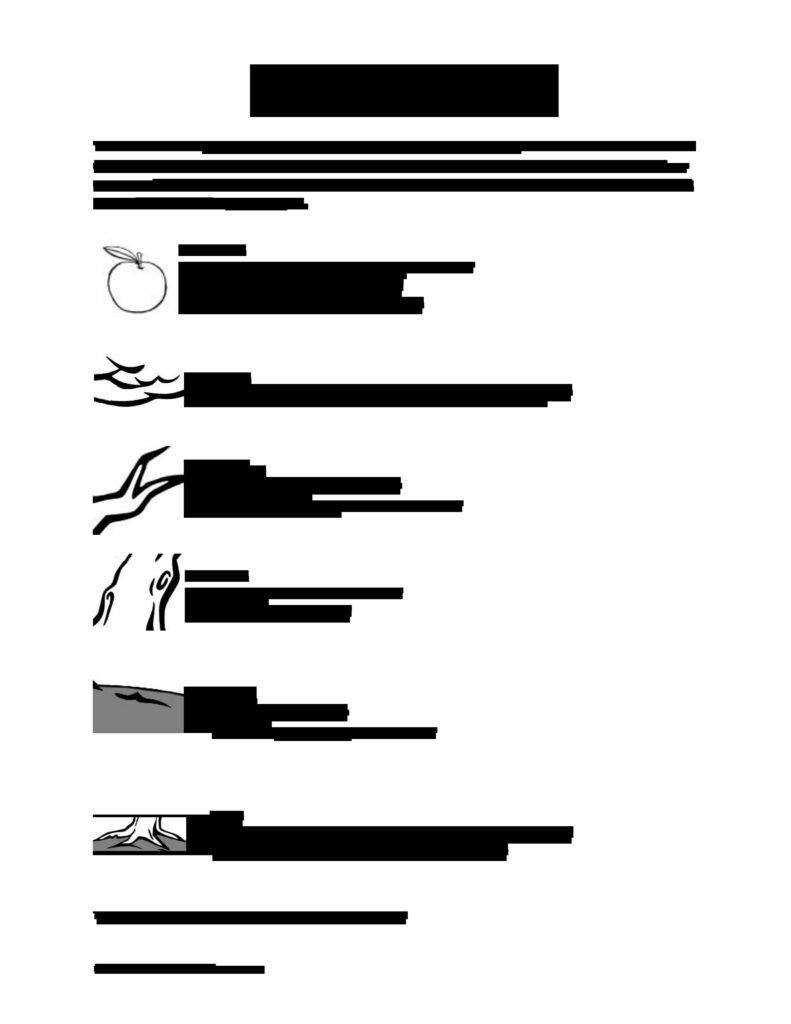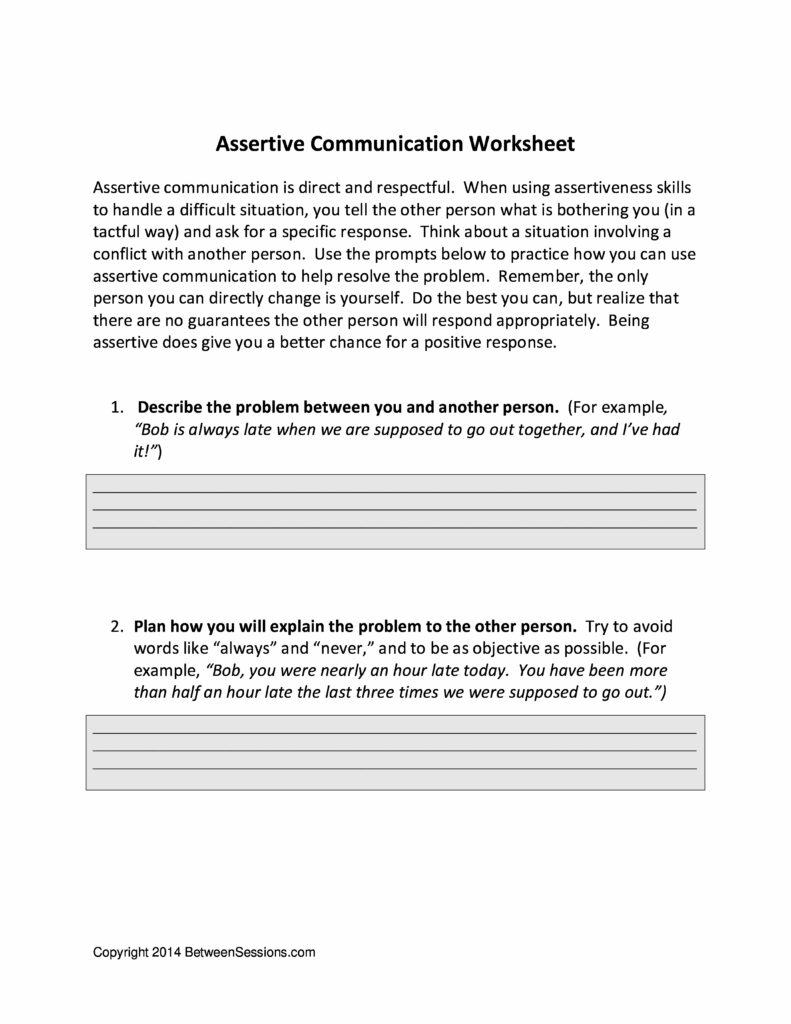This worksheet is designed to help people think about their emotional strengths and how they can bring these strengths to their current problems. It contains a list of strengths for clients to rate, as well as questions about how significant others perceive the person’s emotional strengths. (0415, ACT, DBT)
This form can be used to give people a visual reminder to stop and think before they act. This is particularly helpful for kids and teens, but is a useful technique for adults too. (0315)
Some people are prone to becoming overwhelmed by their emotions. Usually caused by specific triggers, their intolerable level of emotions may then lead to symptoms, such as panic, alcohol or substance abuse, self-injury, or depression. This worksheet is designed to help people develop a set of positive coping techniques that can help them tolerate difficult emotions and refrain from self-defeating behaviors. (addiction, self-injury, impulsivity, prevention, 0315)
Rooted in the work of Dialectical Behavior Therapy (DBT), this worksheet is designed to help clients let go of their style of negatively judging others, and to help them understand the negative effects of these thoughts and their associated behavior. (DBT, judgment, 0215)
This worksheet describes the four basic steps of relaxing through deep breathing. The worksheet links to a 13-minute exercise for clients to practice deep breathing, led by Dr. Lillian Cheung, of the Harvard School of Public Health. (mindfulness, breathing exercise, audios, stress management, 1114)
This worksheet, derived from Acceptance & Commitment Therapy (ACT), is designed to help people accept unpleasant internal experiences, and not use them as an excuse to avoid life-affirming situations.
This worksheet is a Narrative Therapy technique which can be used to help clients get more perspective on their presenting problem and see that they have the power to change their “life story.” (narrative, therapy, problem-solving, 1114)
This exercise is designed to help clients communicate positive aspects about their lives. The technique is derived from Narrative Therapy. (1114)
This worksheet is designed to help individuals learn emotional regulation skills. The worksheet asks people to identify activities they can do to calm their emotions and then rate the success of each technique. (DBT, emotion regulation, 0614)
This worksheet helps clients to identify a conflict, describe it in nonjudgmental terms, explain how the other person’s behavior has affected them, and ask for a specific response.


